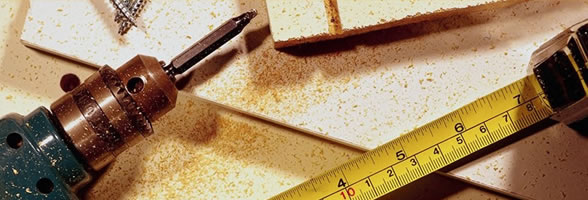
Dentists - Australian Migration Requirements
|
Need more information, advice or assistance? Get near instant results in your own personalised clients area. Your own dedicated migration consultant will be online to guide, assist and respond to all your questions 1. Register Online |
DentistsDentists - Australian Migration RequirementsDentistryDentists work in general practice or specialise in one of the following principal fields: Orthodontics, Periodontics, Paediatric (children’s) dentistry, Prosthodontics, Endodontics and Oral and Maxillofacial Surgery, Public Health Dentistry, and Radiology. Australian Dental Council (ADC)The Australian Dental Council (ADC) is the organisation responsible for assessing overseas trained dentists to enable them to obtain registration in Australia. ADC also accredits Australian dental schools. The Dental Boards, dental schools, the Royal Australasian College of Dental Surgeons and the Australian Dental Association are represented on the ADC. The ADC is the assessing authority for dentists intending to apply for migration to Australia and can be contacted for more detailed information on assessment of dental qualifications for migration purposes. Australian Dental Council Tel: +61 3 9415 1638 Recognition Procedures in AustraliaEach Australian State and Territory has separate legislation covering the recognition of dental qualifications. To practise dentistry in Australia you have to be registered with the local State or Territory Dental Board. Dentists trained in Australia must meet the entry requirements of one of the Australian institutions offering dental courses, and then complete the required full-time academic training (approximately five years) leading to a dental degree. If dentists wish to specialise, they must complete extra study after having had clinical experience. The Universities of Adelaide, Melbourne, Queensland, Sydney and Western Australia all offer dental degree courses. The qualifications awarded by these schools satisfy the formal academic requirements for registration of all Australian Dental Boards. There are three ways in which overseas qualified dentists can enter the profession in Australia: by enrolling at an Australian dental school where they may be granted some credit for previous study; by immediate recognition of their existing qualifications; or by successfully completing the Australian Dental Council (ADC) examinations. Qualifications Immediately Acceptable to Registration BoardsDentists with a Bachelor degree obtained from the United Kingdom or Ireland may have qualifications which are acceptable to Dental Registration Boards for immediate registration. Qualifications Not Immediately Acceptable to Registration BoardsIf your qualifications do not immediately meet Australian requirements, there are two options. The first is to complete an Australian dental degree course at one of the Australian Universities. The second option is to undertake the examination procedure conducted by the ADC described below. ADC ExaminationsOverseas trained dentists are eligible to undertake the ADC examination procedure if they have completed and passed a dental degree that included at least four years' full-time academic study at a university recognised by the ADC. Proof of eligibility for registration as a dentist must also be provided. The ADC examination procedures have been developed specifically to assess the abilities of overseas trained dentists whose qualifications are not accepted as a basis for registration by Australian Dental Boards. The examination procedure consists of three parts: an Occupational English Test (OET) for which an overall "A" or "B" standard is required to progress (see Section A of this Guide for more information); a written Preliminary Examination (Multiple Choice Questions and Short Answer Questions); and a Final Examination (clinical). These must be taken sequentially. The clinical examination is held over three to six days and includes the following three blocks:
Aspects of all clinical disciplines such as Orthodontics, Oral Medicine, Oral Pathology and Pharmacology will be included where appropriate (practical and/or theoretical and/or viva voce). You will be examined at the same level as that reached by recent graduates from Australian universities. Examination Venues and Timing If you live overseas, you may take the OET and the ADC Preliminary Examination at an overseas venue. If you are in Australia, you can sit both these examinations in any of the State capital cities and some larger provincial centres. The Preliminary Examination is usually held in the first week of March and in the first week of September each year. You are allowed unlimited attempts at this examination, but a new fee must be paid for each attempt. The Final Examination is held only in Australia, usually twice a year in July and November. Candidates resident outside Australia may be able to obtain a temporary entry visa to cover, at their own expense, the trip to Australia to attend the examination. The venues are currently in Melbourne and Sydney. You are allowed two attempts ONLY at this Examination. An ADC Certificate is issued upon successful completion of the ADC examination procedure. The ADC Certificate entitles you to apply for registration to any of the Australian Dental Boards. Professional Organisation The Australian Dental Association Inc (ADA) is the national Australian professional body of dentists, founded in 1928, with a branch in every State and Territory. The Association, which aims to improve public health and to promote the "art and science of dentistry", is a member of the FDI World Dental Federation and the Asia Pacific Dental Federation. Membership is open to any dentist registered in Australia. |




